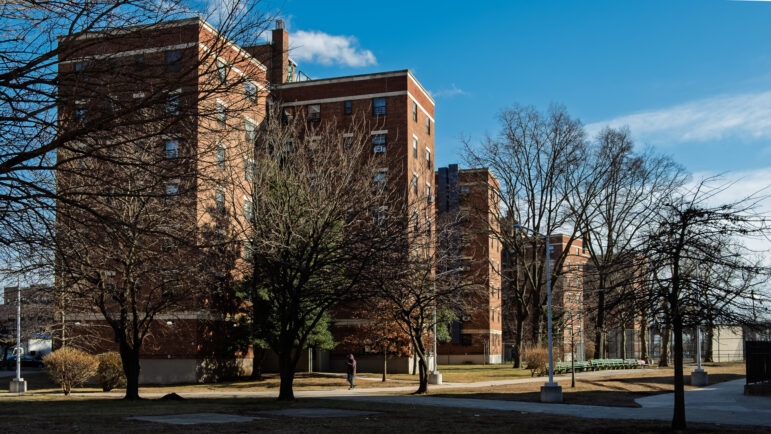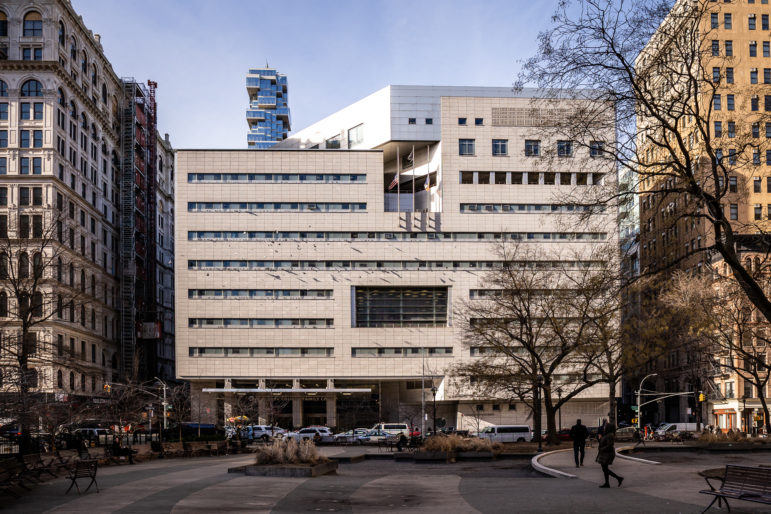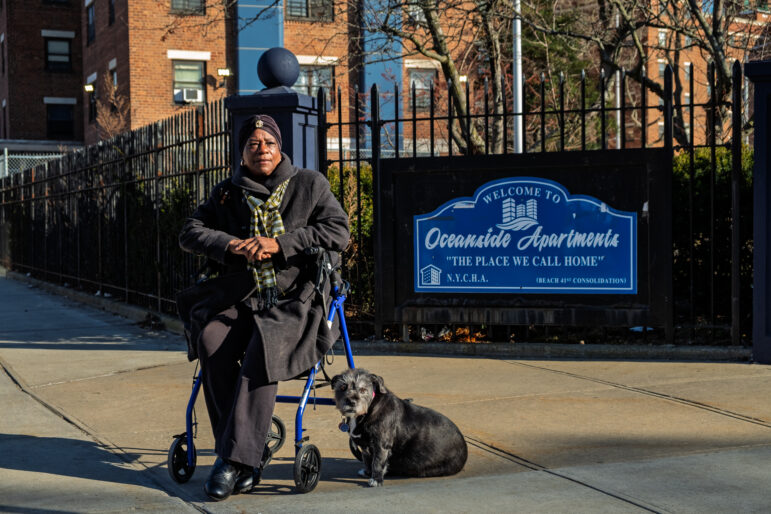The usage of a single word–queer–has sparked an unusual tangle between a Manhattan graduate student and the New York Department of State that has as much to do with freedom of expression as it does linguistics.
With the help of two friends, Christopher Benecke, 24, started an organization called Queer Awareness. The group plans to promote a healthy image of “non-heterosexuals” through “tasteful advertisements” and public speaking engagements. But when the group applied for recognition as a not-for-profit corporation in June, state officials refused.
Using the term “queer,” the Division of Corporations contended, is not allowed under Section 301 of the Not-for-Profit Corporation Law, which prohibits names that are “indecent or obscene” or that “ridicule or degrade any person, group, belief, business or agency of government.” The Department of State promptly returned Benecke’s application, along with the $75 processing fee.
For Benecke, the choice of “queer” for the name was mostly a matter of economy. He ruled out “Gay Awareness” as a name because the group’s mission wasn’t restricted to gay men. “Gay, Lesbian, Bisexual and Transgender Awareness,” on the other hand, was technically accurate, but too cumbersome.
So he set out to change the state’s mind, engaging in a lengthy and often philosophical correspondence with Department of State officials. “Queer” had been a highly charged slur against gays in the past, Benecke conceded in a letter that accompanied his second application. But the American Heritage Dictionary notes that it has been reclaimed in the popular lexicon and is now “an umbrella term that include[s] gay men, lesbians, bisexuals and transgendered persons.”
Daniel Shapiro, the department director who handled the appeal, agreed that the connotation had changed, but denied the second application all the same. “In fact, the Merriam-Webster Dictionary notes that the word is usually used in a disparaging manner,” he countered. “Therefore, the name would be unacceptable.”
Benecke applied again, this time with a detailed etymology showing how “queer” has changed over the last century into an expression of empowerment. “Ironically,” he wrote in July, “in prohibiting the use of the word ‘queer’ to protect New York’s citizens from being offended by it, the State only prolongs and promotes the negative implications that the State finds so offensive.”
But Shapiro refused a third time, leaving Benecke no choice but to appeal to the courts. He is now suing Secretary of State Randy Daniels to overturn the decision, asserting that the Not-for-Profit Corporation law is unconstitutional and arbitrarily applied. “They ignored the everyday usage of the term,” says Benecke’s lawyer, Keith Halperin. “The statute relies on an unconstitutionality–the government cannot be in the business of regulating language.”
Their case may be bolstered by legal precedent, says Matt Coles, director of the ACLU’s Lesbian and Gay Rights Project. In the 1970s, the state initially refused to incorporate the Gay Activists Alliance, which was denied because “gay” was in the name. A court overruled the state in 1972, declaring that the word was synonymous with homosexual, but it was not obscene or vulgar. “The state believes they are acting to protect people’s sensitivities, but they are protecting sensitivities that just aren’t there anymore,” Coles says.
As the issue heads toward state Supreme Court, where a hearing is expected in late January, the Department of State may finally be seeing the light. Spokesman Peter Constantakes says the department is taking a second look at Benecke’s application, and hopes to resolve the issue without litigation. “We are looking internally, to see if we can work with this individual. It’s a question of whether we want to hold firm to our position








